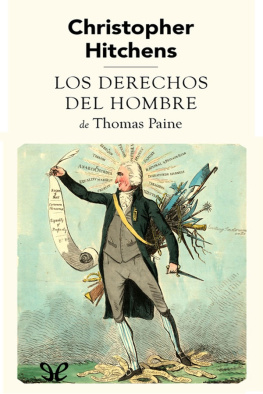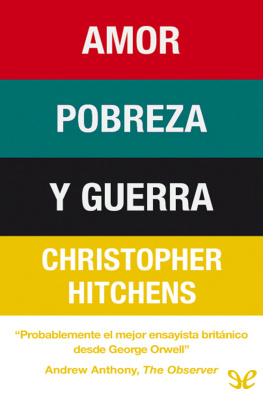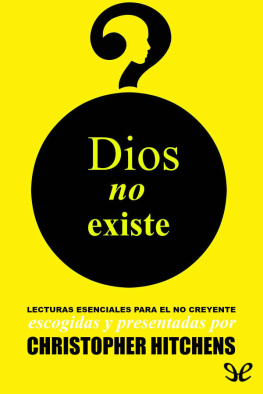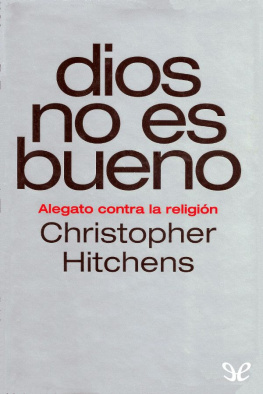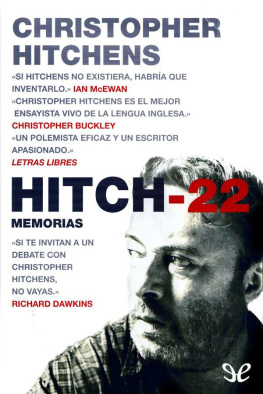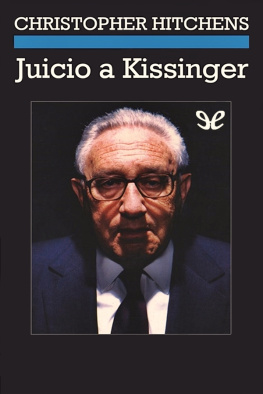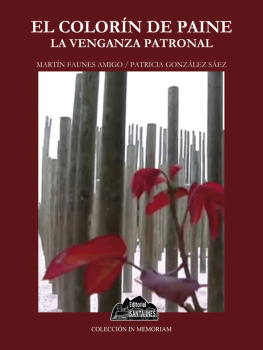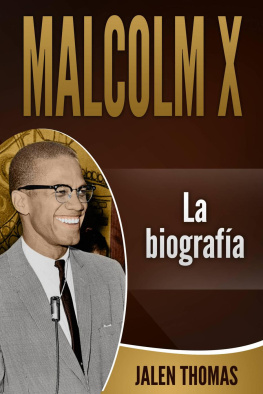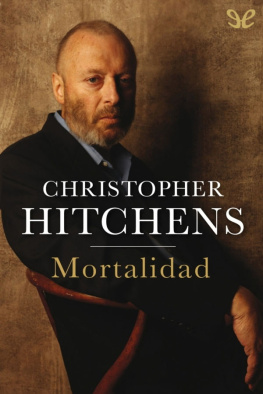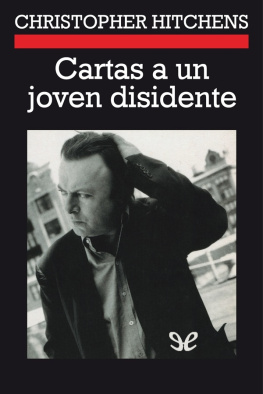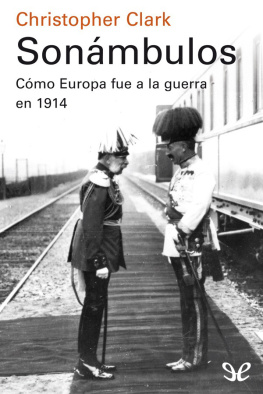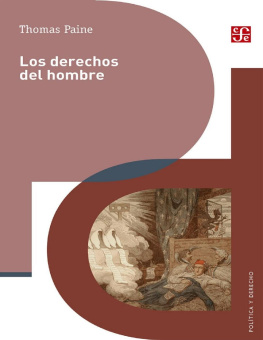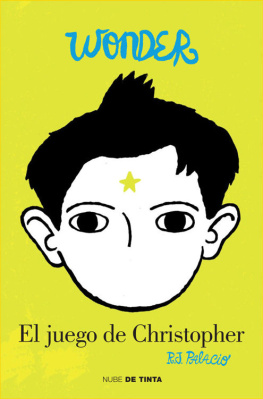Christopher Hitchens - Los derechos del hombre de Thomas Paine
Aquí puedes leer online Christopher Hitchens - Los derechos del hombre de Thomas Paine texto completo del libro (historia completa) en español de forma gratuita. Descargue pdf y epub, obtenga significado, portada y reseñas sobre este libro electrónico. Año: 2006, Editor: ePubLibre, Género: Historia. Descripción de la obra, (prefacio), así como las revisiones están disponibles. La mejor biblioteca de literatura LitFox.es creado para los amantes de la buena lectura y ofrece una amplia selección de géneros:
Novela romántica
Ciencia ficción
Aventura
Detective
Ciencia
Historia
Hogar y familia
Prosa
Arte
Política
Ordenador
No ficción
Religión
Negocios
Niños
Elija una categoría favorita y encuentre realmente lee libros que valgan la pena. Disfrute de la inmersión en el mundo de la imaginación, sienta las emociones de los personajes o aprenda algo nuevo para usted, haga un descubrimiento fascinante.
- Libro:Los derechos del hombre de Thomas Paine
- Autor:
- Editor:ePubLibre
- Genre:
- Año:2006
- Índice:4 / 5
- Favoritos:Añadir a favoritos
- Tu marca:
- 80
- 1
- 2
- 3
- 4
- 5
Los derechos del hombre de Thomas Paine: resumen, descripción y anotación
Ofrecemos leer una anotación, descripción, resumen o prefacio (depende de lo que el autor del libro "Los derechos del hombre de Thomas Paine" escribió él mismo). Si no ha encontrado la información necesaria sobre el libro — escribe en los comentarios, intentaremos encontrarlo.
Christopher Hitchens: otros libros del autor
¿Quién escribió Los derechos del hombre de Thomas Paine? Averigüe el apellido, el nombre del autor del libro y una lista de todas las obras del autor por series.
Los derechos del hombre de Thomas Paine — leer online gratis el libro completo
A continuación se muestra el texto del libro, dividido por páginas. Sistema guardar el lugar de la última página leída, le permite leer cómodamente el libro" Los derechos del hombre de Thomas Paine " online de forma gratuita, sin tener que buscar de nuevo cada vez donde lo dejaste. Poner un marcador, y puede ir a la página donde terminó de leer en cualquier momento.
Tamaño de fuente:
Intervalo:
Marcador:

CHRISTOPHER ERIC HITCHENS (Portsmouth, Reino Unido, 13 de abril de 1949 – Houston, Texas, EE. UU., 15 de diciembre de 2011) fue un escritor y periodista británico, residente en Estados Unidos.
Se licenció en Filosofía, Ciencias Políticas y Economía en el Balliol College de Oxford. Tras escribir durante 20 años en el semanario estadounidense The Nation, oponiéndose a las administraciones de los presidentes Ronald Reagan y Bush padre, así como a la primera guerra del Golfo, se despidió en 2003 por diferencias de opinión con la dirección de la revista.
Con relación a su libro The Trial of Henry Kissinger (Juicio a Kissinger), el diario británico The Guardian escribió: «En su nuevo y explosivo libro, Christopher Hitchens explica por qué el ex secretario de Estado Henry Kissinger —venerado como un jefe de estado, invitado y admirado por los grandes de este mundo— debe ser procesado por crímenes contra la humanidad». Christopher Hitchens fue militante anti-apartheid, se opuso a la guerra de Vietnam, se mostró contrario al aborto en décadas durante el siglo XX, pero favorable a la píldora anticonceptiva RU 486, pero en años recientes su postura era favorable al aborto por encontrarlo como un derecho inalienable de los individuos. También apoyaba la legalización de las drogas y la eutanasia. En sus libros y conferencias de los últimos años se centró en la inexistencia de Dios, pero también escribía sobre arte, política y literatura con impecable destreza.
Era hermano de Peter Hitchens, también periodista pero de marcada ideología conservadora, y residió en Washington (EE. UU.) desde 1981, país en donde posteriormente se nacionalizó. Falleció a causa de una neumonía surgida como complicación del cáncer de esófago que en julio de 2010 se supo que padecía.

Dedicado al presidente Jalal Talabani, primer presidente electo de la República de Irak; enemigo declarado del fascismo y la teocracia; líder de una revolución nacional y de un ejército del pueblo. Con la esperanza de que su larga lucha tenga éxito e inspire emulaciones
Título original: Thomas Paine’s Rights of Man. A Biography
Christopher Hitchens, 2006
Traducción: Mercedes García Garmilla
Ilustraciones: Fotografía de cubierta: Getty Images
Diseño de cubierta: Penguin Random House
Editor digital: Titivillus
ePub base r1.2
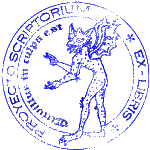
Notas
Todas las citas de las obras de Thomas Paine [en el original inglés] están tomadas de la edición de la Library of America, Literary Classics of the US, Nueva York, 1995.
[1] «My Country,’tis of thee / Sweet land of liberty / Of thee I sing / Land where my fathers died / Land of the Pilgrims’ pride / From every mountainside — / Let freedom ring!».
[2] «O Lord our God arise, / Scatter his enemies / And make them fall: / Confound their politics, / Frustrate their knavish tricks / On him our hopes are fix’d / O save us all».
[3] «God save great Thomas Paine, / His “Rights of Man” explain / To every soul. / He makes the blind to see / What dupes and slaves they be, / And points out liberty / From pole to pole. //Thousands cry “Church and King” / That well deserve to swing, / All must allow: / Birmingham blush for shame, / Manchester do the same / Infamous is your name. / Patriots vow. // Pull proud oppressors down, / Knock off each tyrant’s crown, / And break his sword; / Down aristocracy, / Set up democracy, / And from hypocrisy / Save us good Lord. //Why should despotic pride / Usurp on every side? / Let us be free: / Grant freedom’s arms success, / And all her efforts bless, / Plant through the universe / Liberty’s Tree. // Facts are seditious things / When they touch courts and kings, / Armies are raised, / Barracks and Bastilles built, / Innocence charged with guilt, / Blood most unjusdy spilt, / God stands amazed. // Despots may howl and yell, / Though they’re in league with hell / They’ll not reign long; / Satan may lead the van, / And do the worst he can, / Paine and his “Rights of Man” / Shall be my song».
[4] «God save The Rights of Man! / Let despots, if they can, / Them overthrow…».
[5] Thomas Paine, Los derechos del hombre, traducción de J. A. Fontanilla, Barcelona, Orbis, 1985, p. 23.
[6] Thomas Paine, Los derechos del hombre, traducción de J. A. Fontanilla, Barcelona, Orbis, 1985, p. 23.
[7] Thomas Paine, op. tit., p. 138.
[8]Ibid., p. 26.
[9]Ibid., p. 34.
[10] «Perhaps in this neglected spot is laid / Some heart once pregnant with celestial fire; / Hands that the rod of empire might have sway’d, / Or waked to ecstasy the living lyre: // But Knowledge to their eyes her ample page / Rich with the spoils of time did ne’er unroll; / Chill Penury repress’d their noble rage, / And froze the genial current of the soul. // Full many a gem of purest ray serene, / The dark unfathom’d caves of ocean bear: / Full many a flower is born to blush unseen, / And waste its sweetness on the desert air. // Some village-Hampden, that with dauntless breast / The little tyrant of his fields withstood; / Some mute inglorious Milton here may rest, / Some Cromwell, guiltless of his country’s blood».
[11] John Keane, Tom Paine. A Political Life, Londres, Bloomsbury, 1996, p. 84.
[12]Ibid.
[13] «African Slavery in America», Pennsylvania Journal and Weekly Advertiser, 8 de marzo de 1775.
[14] John Keane, op. cit. [«But hear, O ye swains (’tis a tale most profane), / How all the tyrannical powers, / King, Commons and Lords, are uniting amain / To cut down this guardian of ours. / From the East to the West blow the trumpet to arms, / Thro’ the land let the sound of it flee: / Let the far and the near all unite with a cheer, / In defense of our Liberty Tree»].
[15]Ibid.
[16] Thomas Paine, El sentido común y otros escritos, traducción de Ramón Soriano y Enrique Bocardo, Madrid, Tecnos, 1990,pp. 28-29.
[17] C. R. C. Fletcher y Rudyard Kipling, «The American Rebellion and the Great French War 1760-1815; Reign of George III», A History of England, 1911, Nueva York, Double-day, p. 239. [«’Iwas not while England’s sword unsheathed / Put half a world to flight, / Nor while their new-built cities breathed / Secure behind her might / Not while she poured from Pole to Line / Treasure and ships and men —/ These worshippers at Freedom’s shrine, / They did not quit her then! // Not till their foes were driven forth / By England o’er the main —/ Not till the Frenchman from the North / Had gone with shattered Spain; / Not till the clean-swept oceans showed / No hostile flag unrolled / Did they remember what they owed / To Freedom — and were bold!»].
[18] Thomas Paine, El sentido común y otros escritos, p. 93.
[19] Thomas Paine, The American Crisis, I, p. 91
[20]Ibid., p. 95.
[21]Ibid., p. 96.
[22] Thomas Paine, The American Crisis, II, p. 109.
[23] Harvey J. Kaye, Thomas Paine and the Promise of America, Nueva York, Hill and Wang, 2005, p. 65.
[24] Conor Cruise O’Brien, The Great Melody, Chicago, University of Chicago Press, 1992.
[25] Juego de palabras intraducible. His Majesty significa «Su Majestad», pero mad quiere decir «loco». (N. de la T.)
[26] «By Langley bush I roam but the bush hath left its hill / On cowper green I stray, ’tis a desert strange and chill / And spreading lea close oak ere decay had penned its will / To the axe of the spoiler and self-interest fell a prey. / And cross berry way and old round oaks narrow lane / With its hollow trees like pulpits I shall never see again / Inclosure like a Buonaparte let not a thing remain / It levelled every bush and tree and levelled every hill / And hung the moles for traitors — though the brook is running still / It runs a naked brook cold and chill».
Tamaño de fuente:
Intervalo:
Marcador:
Libros similares «Los derechos del hombre de Thomas Paine»
Mira libros similares a Los derechos del hombre de Thomas Paine. Hemos seleccionado literatura similar en nombre y significado con la esperanza de proporcionar lectores con más opciones para encontrar obras nuevas, interesantes y aún no leídas.
Discusión, reseñas del libro Los derechos del hombre de Thomas Paine y solo las opiniones de los lectores. Deja tus comentarios, escribe lo que piensas sobre la obra, su significado o los personajes principales. Especifica exactamente lo que te gustó y lo que no te gustó, y por qué crees que sí.

